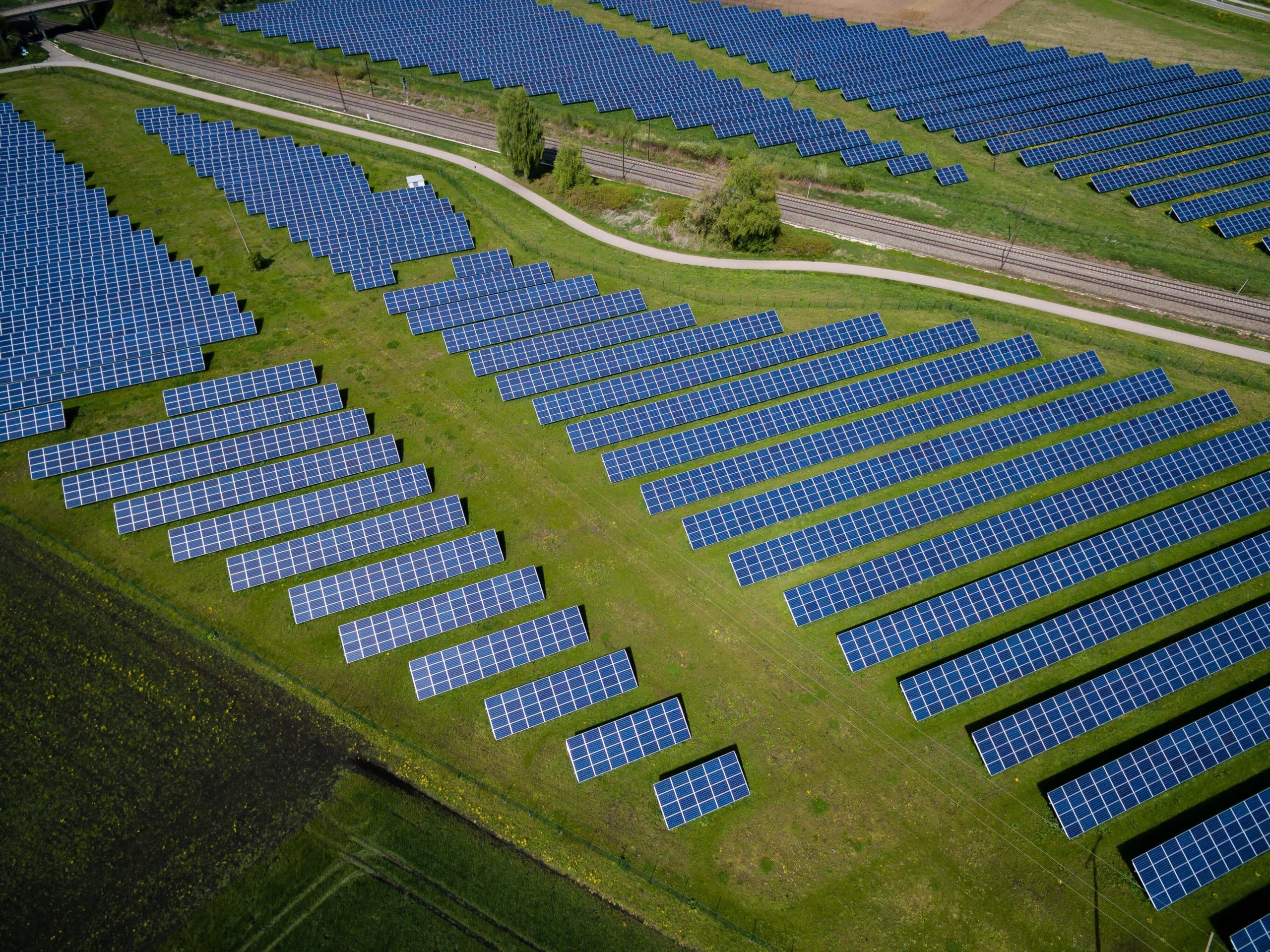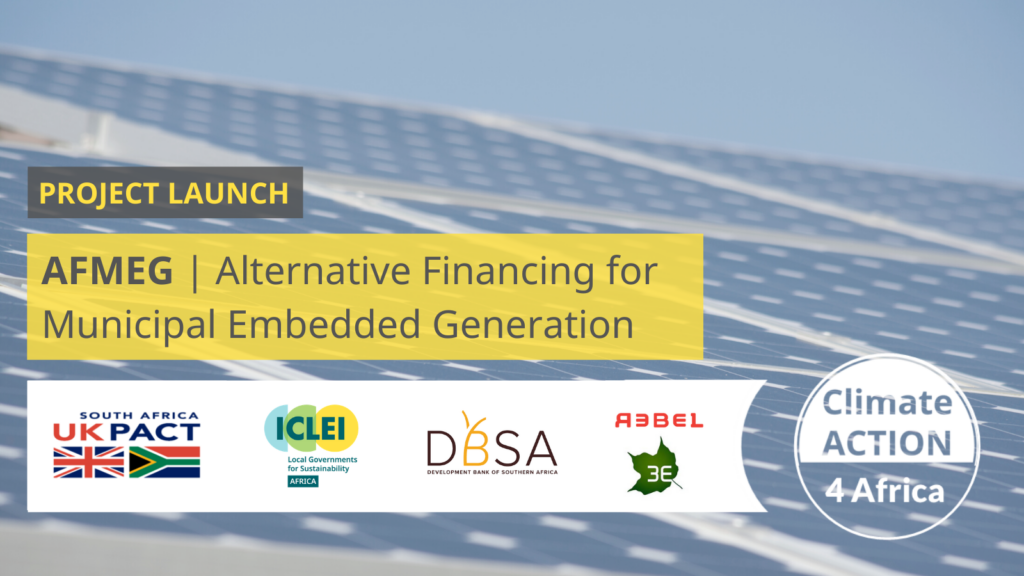21 May 2021
A new dawn for South Africa’s energy sector
Empowering municipalities to finance embedded generation projects with ICLEI Africa’s UK PACT South Africa project.




South Africa is one of the top 20 global emitters of greenhouse gases (GHGs), with the energy sector accounting for around 80% of national GHGs from 2000 -2015[1]. Coal remains the backbone of the country’s energy supply and the economy at large. Local governments in South Africa are looking to leverage the potential of renewable energy initiatives and recent policy and regulatory changes now allow certain municipalities to install renewable embedded generation projects.
The Development Bank of Southern Africa (DBSA), in partnership with the Green Climate Fund (GCF), has set up a R4bn Embedded Generation Investment Programme (EGIP) to stimulate growth of embedded generation initiatives in the country. Yet, small and intermediary municipalities struggle to participate in the investment programme, due to lack of capacity and resources to meet the application requirements.
Introducing Alternative Financing for Municipal Embedded Generation
With a ‘new dawn’ in the energy sector, ICLEI Africa is proud to announce the launch of a one-year project under the UK PACT (Partnering for Accelerated Climate Transitions): Alternative Financing for Municipal Embedded Generation (AFMEG). The AFMEG project will work with municipalities to develop policies, financial models, pre-feasibility studies and build municipal capacity – all required in order to access finance for embedded generation projects (solar and wind power technology).
The UKPACT opportunity came at the right point, and it made perfect sense to partner [with ICLEI] to take advantage of the opportunity. We are pleased we are successful and at a point where we can look at implementation.’’ – Olympus Manthata: Head of Climate Finance at DBSA said at launch of the AFMEG project on 11 May 2021.
Project Overview
The UK PACT programme is funded by the UK Government’s Department for Business, Energy and Industrial Strategy (BEIS) through the UK’s International Climate Finance. ICLEI Africa is the lead and project manager of the project and will work with the consortium members, 3E and Rebel Group and the DBSA as a project partner.
The aim of the project is to address the resource and capacity gap of intermediary cities in applying to the project preparation facility of the EGIP. The project will allow for the development of a financial model and pre-feasibility studies in order to leverage investment by the EGIP for municipal embedded generation initiatives. The project will be implemented in four intermediary municipalities:
- King Sabata Dalindyebo Municipality (Eastern Cape)
- Matzikama Local Municipality (Western Cape)
- Walter Sisulu Local Municipality (Eastern Cape)
- Ray Nkonyeni Municipality (KwaZulu – Natal)
“Looking at our funding models and revenue cash flows, with the assistance and support from your side, we know the municipality can do better and communities can get what they deserve” remarked Honourable Councilor Bulelwa Kweyiya: Executive Mayor of Walter Sisulu Municipality at the project launch. Convened virtually, the project launch was attended by Mayors, Municipal Mangers, Chief Executive Officers (CFOs), Heads of Technical services, Electricity departments and Planning from the project municipalities.
Project outputs: Practical support and training
ICLEI Africa, 3E and the Rebel Group will work with these municipalities to develop:
Policy recommendations to enable embedded generation
Pre-feasibility studies
A financial model
Final report and resource pack of lessons learnt
Furthermore, there will be a training programme over the duration of the project which will cover the following topics:
- The impacts of climate change
Just energy transition considerations for urban planning
Gender mainstreaming in the energy sector
Embedded energy generation projects for cities
Introduction to climate finance
Key requirements for project pre-feasibility studies


